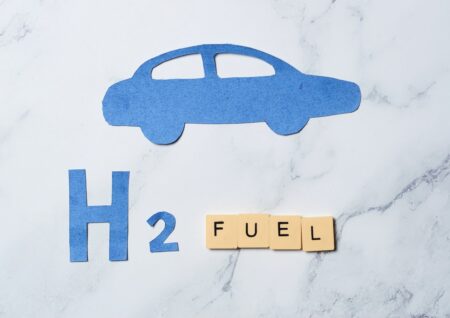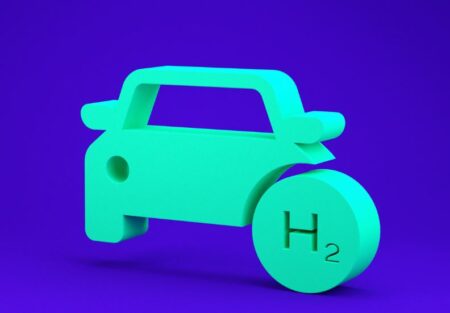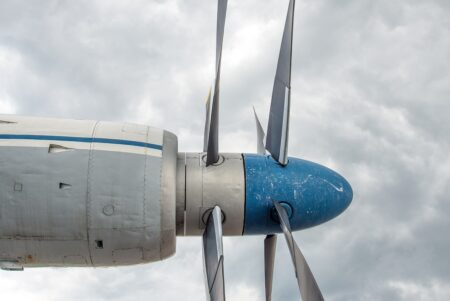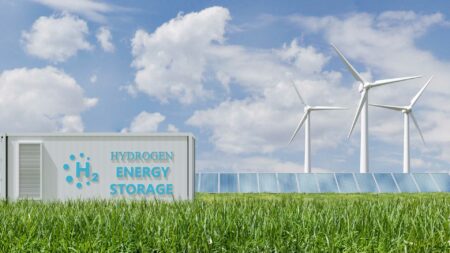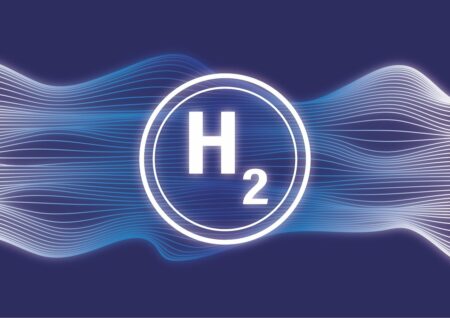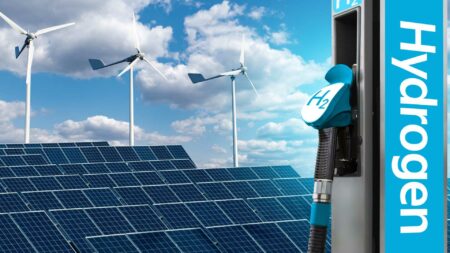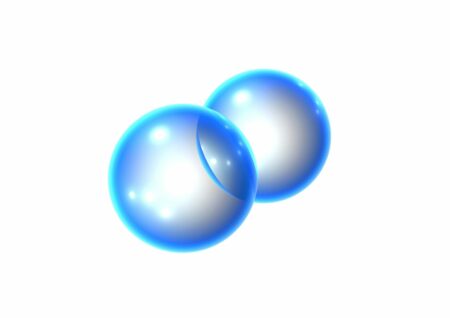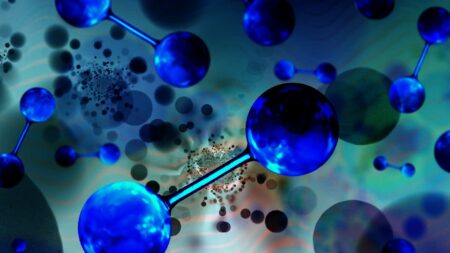In their study published in the International Journal of Hydrogen Energy, N.I. Shchurov, S.I. Dedov, and A.A. Shtang focus on developing a simulation model for hybrid electric vehicles (HEVs) powered by hydrogen fuel cells.
Browsing: H2 Science
This research titled “Study of Magnetic Vibrations in Hydrogen Electric Vehicles” by authors D.Y. Babitsky and D.M. Toporkov, explores the potential of hydrogen-powered vehicles to reduce carbon emissions and the use of specific types of electric motors to achieve this.
Researchers Swapnil S. Jagtap, Peter R.N. Childs, and Marc E.J. Stettler have presented a groundbreaking study on hydrogen-powered aviation.
This study aims to enhance the hydrogen storage capacity of covalent triazine frameworks (CTFs) by introducing oxygen functionalization.
This study focuses on understanding the combustion and emission characteristics of an ammonia/hydrogen fuel mixture in a heavy-duty engine.
Scientists Hannah Hyunah Cho, Vladimir Strezov, and Tim J. Evans conducted a life cycle assessment (LCA) to evaluate the environmental impacts involved in the marine transport of hydrogen using ammonia. Their findings are published in the International Journal of Hydrogen Energy.
Researchers have embarked on an innovative journey to investigate the potential of a micro-thermo-photovoltaic (MTPV) system that uses a blend of ammonia and hydrogen as fuel.
Researchers have conducted an experimental study to examine how various environmental factors affect the performance of ammonia-hydrogen fuel cells (AHFCs).
With the pressing need to reduce carbon emissions, hydrogen has emerged as a viable alternative energy source. The potential of hydrogen blending in natural gas pipelines offers the promise of significantly lowering emissions from homes and industries.
The research published in the International Journal of Hydrogen Energy discusses a new mechanism for hydrogen pricing within integrated energy systems.


